PSYCHOLOGICAL AND PEDAGOGICAL ASPECTS OF THE PERSONALITY TEACHING,UPBRINGING,AND DEVELOPMENT
Alokhin M.М.
Theory and practice of tutorial support of social development of primary school children in private education institutions. DOI: 10.32342/2522-4115-2020-1-19-1 ![]()
Havryliuk N.М.
Genesis of the psychological-pedagogical concept "professional identity". DOI: 10.32342/2522-4115-2020-1-19-2 ![]()
Hubarieva D.V.
Social competence in the conditions of the contemporary Ukrainian primary schools. DOI: 10.32342/2522-4115-2020-1-19-3 ![]()
Datsenko O.A.
Theoretical fundamentals of investigation of self-efficacy as a psychological phenomenon. DOI: 10.32342/2522-4115-2020-1-19-4 ![]()
Kazakevych O.I.
Modern probabilistic approaches to leadership and their implementation at universities. DOI: 10.32342/2522-4115-2020-1-19-5 ![]()
Kalenyk O. O., Tsaregradskaya T.L.
Social-psychological adaptation of foreign students of the preparatory departments at higher education institutions of Ukraine. DOI: 10.32342/2522-4115-2020-1-19-6 ![]()
Krasilnikov I.A.
Existential viability of personality as a professionally significant quality of teacher. DOI: 10.32342/2522-4115-2020-1-19-7 ![]()
Matviienko O.V., Tsykhmeistruk O.M.
Features of educational organization "through" democracy in the educational environment of educational institutions. DOI: 10.32342/2522-4115-2020-1-19-8 ![]()
Petrenko S.I.
The analysis of the problem of safe work on the internet for primary schoolchildren. DOI: 10.32342/2522-4115-2020-1-19-9 ![]()
Pichurin V.V.
Features of the functional state of students of a special medical group. DOI: 10.32342/2522-4115-2020-1-19-10 ![]()
Rozlutska G.М., Sokol M.О., Gavrylenko T.L.
The principle of polyculturality in the organization of Ukrainian preschool tolerant educational space. DOI: 10.32342/2522-4115-2020-1-19-11 ![]()
Tamozhska I.V.
Professional development of the academic staff of higher education institutions in Ukraine: the methodological aspect (the second half of the 19th century). DOI: 10.32342/2522-4115-2020-1-19-12 ![]()
Trulyaev R.O.
Value settings of an adult as a source for creating a child's personality: a cultural-historical context. DOI: 10.32342/2522-4115-2020-1-19-13 ![]()
THEORETICAL AND METODOLOGICAL FOUNDATIONS OF PROFESSIONAL EDUCATION
Babkin V.V.
Structure of information-analytical competence of future bachelors of computer science. DOI: 10.32342/2522-4115-2020-1-19-14 ![]()
Vynarchyk M.Р.
Bilingual education and cultural teaching: an Austrian context DOI: 10.32342/2522-4115-2020-1-19-15 ![]()
Horban O.D., Pysmenna I.I., Shcherbytska V.V.
An integraded approach to the study of a foreign language in higher education. DOI: 10.32342/2522-4115-2020-1-19-16 ![]()
Hrom O.A.
Game technologies as a means of forming the readiness of future marketers for team interaction in the process of professional training. DOI: 10.32342/2522-4115-2020-1-19-17 ![]()
Derbak O.A.
Justification of pedagogical conditions of preparing future bachelors in tourism for professional interactions by means of project technologies. DOI: 10.32342/2522-4115-2020-1-19-18 ![]()
Karpova М.Ye.
Component-structural analysis of the phenomenon of «readiness of future pediatricians to work in the team». DOI: 10.32342/2522-4115-2020-1-19-19 ![]()
Kiriukhina M.V.
Model of the humanitarian training of future technical specialists of the aviation industry at higher education institutions. DOI: 10.32342/2522-4115-2020-1-19-20 ![]()
Kozinetc I.I., Volkova М.A.
The issue of professional competence of the customs lawyer. DOI: 10.32342/2522-4115-2020-1-19-21 ![]()
Korolova L.V.
The cross-cultural component in training foreign language teachers at universities of Romania. DOI: 10.32342/2522-4115-2020-1-19-22 ![]()
Lavnikov O.A., Lesyk A.S.
Integrative approach in the higher education system: concepts and features. DOI: 10.32342/2522-4115-2020-1-19-23 ![]()
Leshchenko T.O., Zhovnir M.M., Aslmova M.V.
The upgrading of the training arrangement at higher education institutions: the experience of using social networks content in «Ukrainian as a foreign language» teaching. DOI: 10.32342/2522-4115-2020-1-19-24 ![]()
Lukatska Y.S.
Special aspects of teaching foreign students in higher education establishments of Ukraine. DOI: 10.32342/2522-4115-2020-1-19-25 ![]()
Medynska S.I.
Development and assessment of soft skills while forming foreign language competency of students in higher education in tourism, hotel and restaurant industry and international business. DOI: 10.32342/2522-4115-2020-1-19-26 ![]()
Nakhod S.A.
Inclusive competence as a part of soft skills of future primary education teachers. DOI: 10.32342/2522-4115-2020-1-19-27 ![]()
Oleksiienko L.A., Lukanska H.A.
Competence paradigm of translators’ professional training in the universities of Austria. DOI: 10.32342/2522-4115-2020-1-19-28 ![]()
Oliinyk I.V.
The formation of social competence among future social workers. DOI: 10.32342/2522-4115-2020-1-19-29 ![]()
Popenko N.V.
Provision techniques for social and humanitarian training of future masters of natural majors under the distance learning conditions. DOI: 10.32342/2522-4115-2020-1-19-30 ![]()
Rezvan O.O., Kravets R.E.
Strategies for organization of image-forming activities of future political scientists. DOI: 10.32342/2522-4115-2020-1-19-31 ![]()
Sapozhnikov S.V.
The modern system of teacher training in the republic of Georgia in the context of higher education reform. DOI: 10.32342/2522-4115-2020-1-19-32 ![]()
Slipchyshyn L.V.
The issue of training professionally directed products design. DOI: 10.32342/2522-4115-2020-1-19-33 ![]()
Sukach T.M., Chuikov A.S., Biriukova T.V
Application of the determined integral in the formation of the professional competences of the higher and pre-higher education students. DOI: 10.32342/2522-4115-2020-1-19-34 ![]()
Tarnopolsky O.B., Kabanova M.R., Mikhlik O.O.
Ukrainian-English-German cultural matches and mismatches: Guidelines for teaching German culture to tertiary linguistic students learning German as the second foreign language after English as the first one. DOI: 10.32342/2522-4115-2020-1-19-35 ![]()
Tkachenko T.V., Shums’ka O.O.
Training students-ensemble performers for concert performance. DOI: 10.32342/2522-4115-2020-1-19-36 ![]()
Frytsiuk V.A., Frytsiuk V.N.
From the experience of developing the creativity of future music teachers in the accordion class. DOI: 10.32342/2522-4115-2020-1-19-37 ![]()
Frumkina A.L.
Development of pedagogical and psychological competencies of future primary school teachers. DOI: 10.32342/2522-4115-2020-1-19-38 ![]()
Sharavara V.V.
The formation of the prognostic competence of students as a modern scientific problem. DOI: 10.32342/2522-4115-2020-1-19-39 ![]()
Shkliaieva H.О.
Theoretical principles of preparation of future educators in the context of the globalization of education. DOI: 10.32342/2522-4115-2020-1-19-40 ![]()
Shumeiko Z.Ye.
Implementation of the technology of critical thinking development in professional training of the employees of the state criminal executive service. DOI: 10.32342/2522-4115-2020-1-19-41 ![]()
Kramarenko T.V.
Modern information, communication and interactive technologies for foreign language teaching. DOI: 10.32342/2522-4115-2020-1-19-42 ![]()
Chornobai V.G.
Interactive English language teaching: communicative games, tables and schemes. DOI: 10.32342/2522-4115-2020-1-19-43 ![]()
Volkova N.P., Lebid O.V.
Organization of management practice of future masters in management of educational institutions at Alfred Nobel University». DOI: 10.32342/2522-4115-2020-1-19-44 ![]()
Kravchenko M.V., Kravchenko L.А.
Theoretical aspects of accounting and analytical provision of the system of financial-economic security in professional (professional-technical) education institutions. DOI: 10.32342/2522-4115-2020-1-19-45 ![]()



